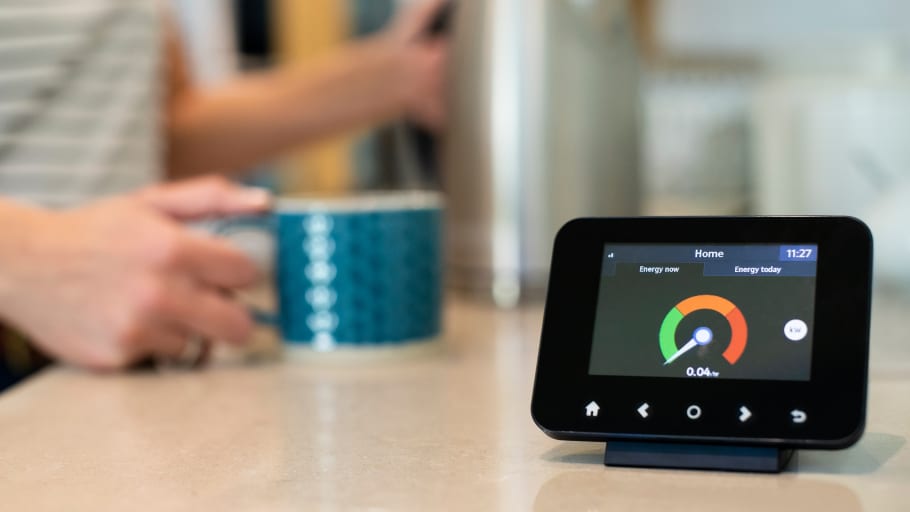Research investigating the potential digital harms posed by household data sharing technologies have won a share of a major £3.6m award scheme.
Led by Dr James Nicholson, a lecturer in Northumbria University’s Computer and Information Sciences department, the PrivIoT project is a collaboration with Royal Holloway, Manchester and Nottingham universities which will analyse potential privacy and security threats arising from devices linked to the internet used within smart homes or smart energy meters.
These technologies offer important functionalities for the National Grid as well as convenience and economic savings for us all, but they do this by tracking the activities we carry out in the privacy of our own homes. The project will seek to identify and help find ways to protect against the potential hidden threats posed by small connected devices exchanging data in the background.
Phase one of the research, which was awarded just over £220,000 of the £3.6m funding by the PETRAS National Centre of Excellence, is now under way and is one of 18 pieces of research being funded by the centre.
Researchers in computer science, engineering, criminology and psychology at the four universities will join forces with a number of partners, including Toshiba, OTASKI Energy Solutions and CybSafe, to gain an understanding of the issue and how it may be tackled.
Dr Nicholson, who specialises in research on human-centred security, said: “With the roll out of smart meters expected to be completed by 2025, devices which share personal data between different providers are becoming much more common. So it’s important we consider the security and privacy problems which could arise.
“This project will take a socio-technical approach to minimising the security and privacy harms that can arise from combining multiple, novel, connected technologies in the home.
“We will be looking to truly understand the technical landscape of concrete threats before exploring how best to communicate these to citizens and encourage open discussions amongst communities.”
The academics behind the project, which include Professor Lynne Coventry from Northumbria’s Psychology department, believe that only by fully understanding the harms these technologies could pose, will it be possible to propose new technology solutions and improve users’ awareness.
Dr David Buil-Gil, who is leading the project for the University of Manchester said: “As these technologies become embedded in our everyday lives, many of their potential harms for privacy and security may increase, and it becomes crucial to comprehend the risks users face and how users perceive and mitigate those risks.
“Our project seeks not only to understand the existing threats to privacy and security, but also to anticipate future digital harms and develop tools to support users’ awareness.”
Dr Stefanie Kuenzel, from Royal Holloway’s Department of Electronic Engineering said the collaboration was an opportunity to put the privacy and security of users first.
She added; “This is of particular importance as data from various technologies is blended and combined in ways which are not transparent to the individual.”
PETRAS is a consortium that connects twenty-two research institutions with expertise in securing the connected world and the 18 projects to receive funding will look at issues including security in the home, Critical National Infrastructure (CNI), agriculture, healthcare and wellbeing and in cashless payment systems.
Find out more about Northumbria University’s Department of Computer and Information Sciences and research expertise.


